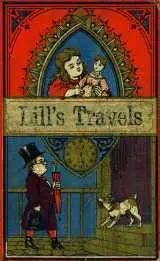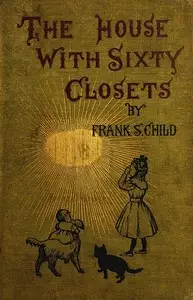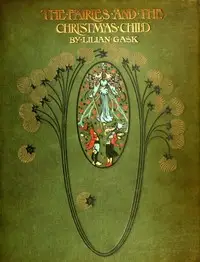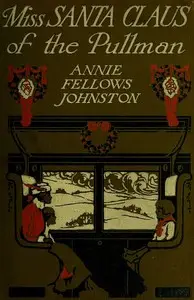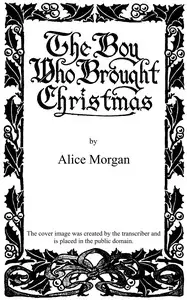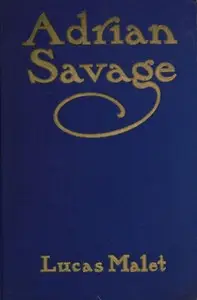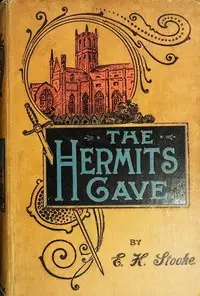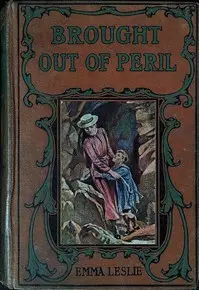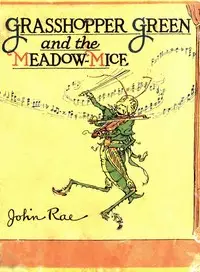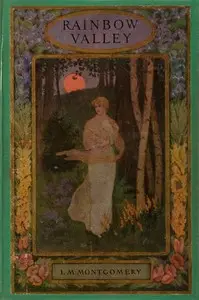"Little Peter: A Christmas Morality for Children of any Age" by Lucas Malet is a tale of a young boy and his family as they experience the magic of Christmas and head towards the church in Nullepart. This heartwarming narrative, probably from the late 1800s, promises to deliver important life lessons through its colorful characters. Meet John Paqualin, the compassionate charcoal-burner, acting as a wise guide for young Peter. Living in a beautiful pine forest, Peter's adventures begin as he waits for his brother Antony and talks with John Paqualin, who playfully warns him about forest dangers. The story explores themes of kindness, personal growth, and the differences between kids' innocent views and the more complicated adult world. With dynamics of love, worry, and adventure, the familial relationships within Peter's family create a festive and reflective atmosphere perfect for the Christmas season.
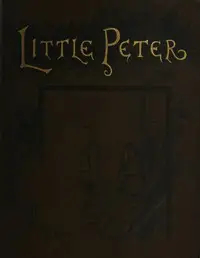
Little Peter: A Christmas Morality for Children of any Age
By Lucas Malet
In a magical Christmas journey through forests and churches, a boy learns important lessons about kindness and growing up.
Summary
About the AuthorLucas Malet was the pseudonym of Mary St Leger Kingsley, a Victorian novelist. Of her novels, The Wages of Sin (1891) and The History of Sir Richard Calmady (1901) were especially popular. Malet scholar Talia Schaffer notes that she was "widely regarded as one of the premier writers of fiction in the English-speaking world" at the height of her career, but her reputation declined by the end of her life and today she is rarely read or studied. At the height of her popularity she was "compared favorably to Thomas Hardy, and Henry James, with sales rivaling Rudyard Kipling." Malet's fin de siecle novels offer "detailed, sensitive investigations of the psychology of masochism, perverse desires, unconventional gender roles, and the body."
Lucas Malet was the pseudonym of Mary St Leger Kingsley, a Victorian novelist. Of her novels, The Wages of Sin (1891) and The History of Sir Richard Calmady (1901) were especially popular. Malet scholar Talia Schaffer notes that she was "widely regarded as one of the premier writers of fiction in the English-speaking world" at the height of her career, but her reputation declined by the end of her life and today she is rarely read or studied. At the height of her popularity she was "compared favorably to Thomas Hardy, and Henry James, with sales rivaling Rudyard Kipling." Malet's fin de siecle novels offer "detailed, sensitive investigations of the psychology of masochism, perverse desires, unconventional gender roles, and the body."

